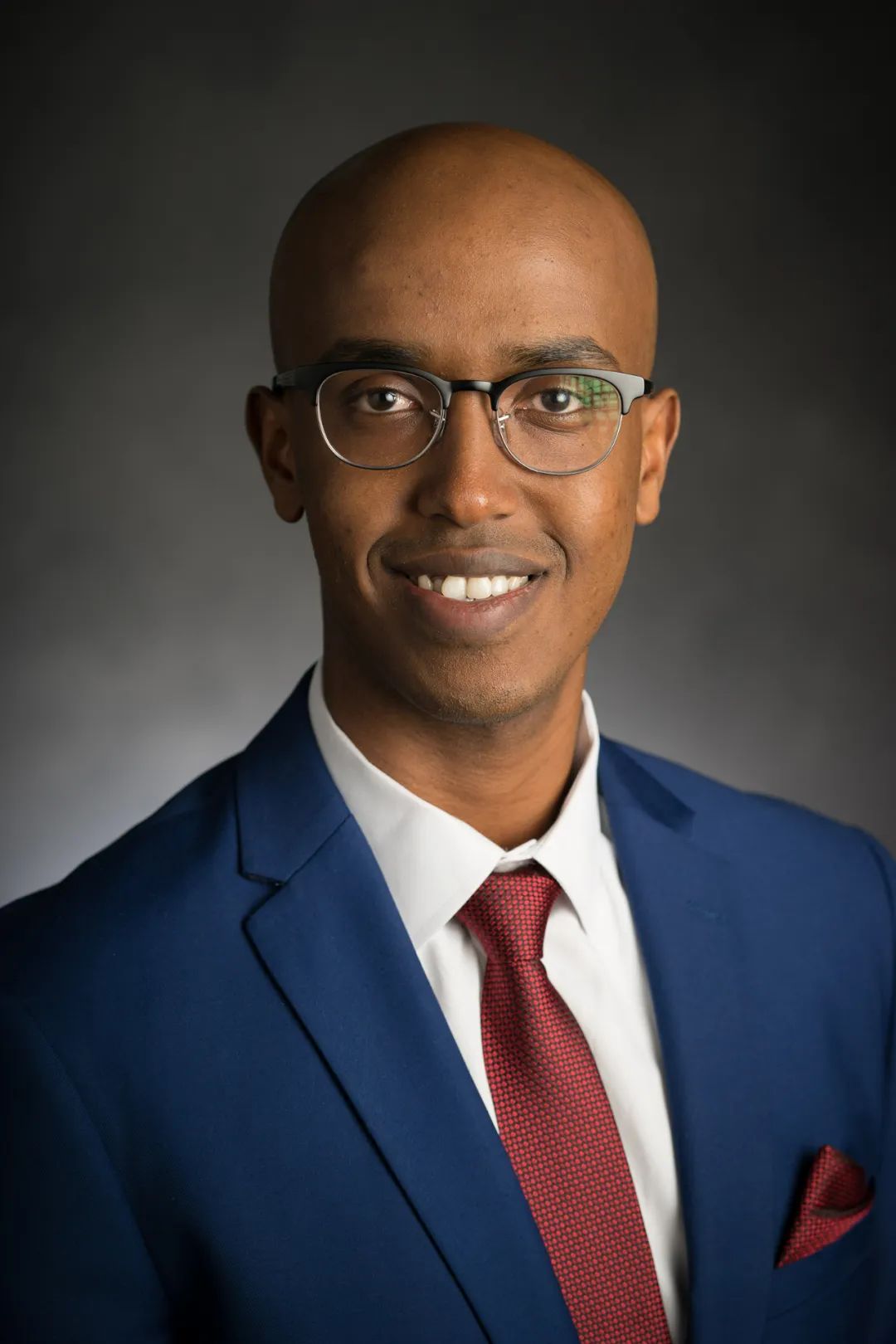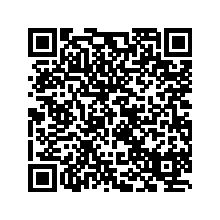Discovery at Carlson·33 Learning communities lead to more diverse professors

Learning communities lead to more diverse professors
Almost every U.S. university suffers from the same problem: not enough diversity among the faculty. While student bodies get more diverse, and while some colleges are doing better than others, the search for solutions is universal. A new paper, published in Frontiers in Psychology, offers insight into how to keep graduate students in the classroom as professors.
Carlson School Assistant Professor Abdifatah Ali and co-authors Steven Thomas, Dukernse Augustin, and Neco Wilson of Michigan State University (MSU), along with independent researcher Karl Alcover, studied outcomes of MSU’s Alliances for Graduate Education and Professoriate (AGEP) chapter. AGEP is a program of the National Science Foundation (NSF) that aims to “significantly increase the number of underrepresented minorities in STEM fields and enhance their preparation for faculty positions.”
Using monthly participant surveys from 2014-2018, the researchers found that MSU’s interdisciplinary and multi-generational program, which included monthly meetings and other community-building events for students from STEM fields and social, behavioral, and economic sciences:
- provided critical experiences for participants to develop professional identity, psychological safety, and career readiness;
- achieved a graduation rate north of 70 percent;
- and led more than half of Ph.D. students and almost 30 percent of master’s degree students deciding to pursue academia as their careers.
“For [students] to be able to come together and have a space to talk about issues that are important to them and to get the resources, both from the college and faculty of color, created a real sense of community,” says Ali, who participated in the program himself while a MSU graduate student from 2013-2017. “A place that doesn't have something like that would benefit from creating that type of community space. The data speaks for itself. Is there a higher retention? Yes. Is there higher graduation? Yes. Is there higher placement? Yes.”
The findings allowed the researchers to create a new model of graduate student capital, looking at contributions across five dimensions: technical, social, psychological, career, and cultural.
It was rewarding to be part of this research, says Ali, in part, because it validated his personal experiences with data. He was one of the few Somali-American males and Californians in the program, arriving on MSU’s East Lansing campus after earning a bachelor's degree in his hometown at San Diego State University. While earning a master’s and PhD in organizational psychology, he studied in the MSU Diversity Lab under Professor Ann Marie Ryan where he honed his research interests: how individuals from diverse backgrounds navigate the workplace. One paper, from 2017, “Calling in Black: Dynamic Model of Racially Traumatic Events on Organizational Resourcing” received newfound attention following the murder of George Floyd.
Calling the last two years, in particular, a “rollercoaster” both personally and professionally, Ali points to increased interest in almost any diversity, equity, and inclusion topic. His courses are full, projects that once took lots of selling are now funded almost immediately, and almost every company is looking for consulting. He says he’s “privileged” to study, teach, and live his work.
“[No one leaves their identities at the door]. The intersection of the pandemic, the social and civil uprisings, all of those things affect the work place,” said Ali. “So then the question becomes, ‘what is the role of organizations in creating that holding space for people to be able to have those conversations and feel comfortable to bring different dimensions and aspects of themselves to the workplace?’ The answers are only beginning.”
学术社区提高教授的多样性
几乎所有的美国大学都面临着一个问题:教师队伍缺乏多样性。虽然学生群体越来越多样化、且部分大学的情况略好,但这个问题是普遍存在的。发表在《心理学前沿》上的一篇新论文,就如何将研究生留下任教提出了见解。
卡尔森学院副教授Abdifatah Ali,密歇根州立大学的Steven Thomas、Dukernse Augustin和Neco Wilson,以及独立学者Karl Alcover研究了密歇根州立大学(MSU)研究生与教授联盟(AGEP)的统计结果。AGEP是美国国家科学基金会的一个项目,旨在“大幅提高少数族群在STEM领域中的人数,并提高其获取教师职位的准备度”。
AGEP是MSU的一个跨学科多代际项目,为STEM、社会学、行为学、经济学领域的学生服务,定期举行月度会议和其他社区建设活动。研究人员分析了2014-2018年对AGEP成员的月度调查,发现该项目:
- 为参与者提供重要的经验,帮助其提高职业认同、心理安全和职业准备度
- 毕业率超过70%
- 使一半以上的博士生和近30%的硕士生决定从事学术工作
“这个项目为学生们提供了一个可以讨论重要问题的共同空间,并能得到学院和有色人种教师提供的资源,因此创建了一个真正的学术社区,”Ali说。2013-2017年,他在MSU读研期间也参与了该项目。“此类社区有利于大学的发展,数据本身就说明了问题。学生的在学率提高了吗?是的。毕业率提高了吗?是的。就业率提高了吗?是的。”
基于以上发现,研究人员创建了一个新的研究生模型,考察技术、社会、心理、职业、文化这五个要素的影响。
Ali表示,参与这项研究很有意义,因为研究数据契合了他的个人经历。他在家乡的圣地亚哥州立大学获得学士学位,随后来到MSU东兰辛校区就读,成为上述项目中为数不多的索马里裔和加利福尼亚人之一。攻读组织心理学硕士和博士学位的同时,他还在Ann Marie Ryan教授领导的MSU多样性实验室学习,并在那里发展了自己的研究兴趣:来自不同背景的个人在职场中的发展模式。他在2017年发表的论文《黑人的使命:种族创伤事件对组织资源配置影响的动态模型》在George Floyd被谋杀后获得关注。
Ali把过去两年称为人们生活和职业的“过山车”,各类多样性、公平、包容性话题都得到了更多关注。他任教的课程人满为患,曾经苦于寻求赞助的项目能够迅速获得投资,几乎每家公司都在寻找咨询。他表示很荣幸能够从事这个领域的研究和教学,并在生活中亲身体验。
“没有人能够抛下自己的个人身份。疫情、社会问题、民众抗议等问题交织在一起,对工作场所产生巨大影响。因此,问题已经变成‘组织如何创造一个空间,使员工能够舒适地运用自己的多样性身份、并充分地就多样性开展对话?’问题已经提出,而答案才刚刚开始。”

Abdifatah Ali
ASSISTANT PROFESSOR,Work & Organizations
Education
Ph.D. 2017 Organizational Psychology Michigan State University
M.A. 2015 Organizational Psychology Michigan State University
B.A. 2012 Psychology San Diego State University
Expertise
Workplace diversity and inclusion
Job search and recruitment
Motivation and affect in the workplace
Biography
Dr. Abdifatah A. Ali is an Assistant Professor of Work and Organizations in the Carlson School of Management at University of Minnesota. He earned his Ph.D. in organizational psychology from Michigan State University. Abdifatah’s research interests focus on understanding how individuals with stigmatized identities make sense of and communicate about those identities across different stages of the employee-organization relationship, workplace diversity and inclusion with an emphasis on establishing equitable employment opportunity practices, and how motivation and emotions shape behavior in organizations. His research has been published in peer-reviewed journals such as the Journal of Applied Psychology. His teaching includes organizational behavior and diversity management for MBAs and Masters of HR students. Abdifatah is a member of the Academy of Management and the Society for Industrial and Organizational Psychology.



